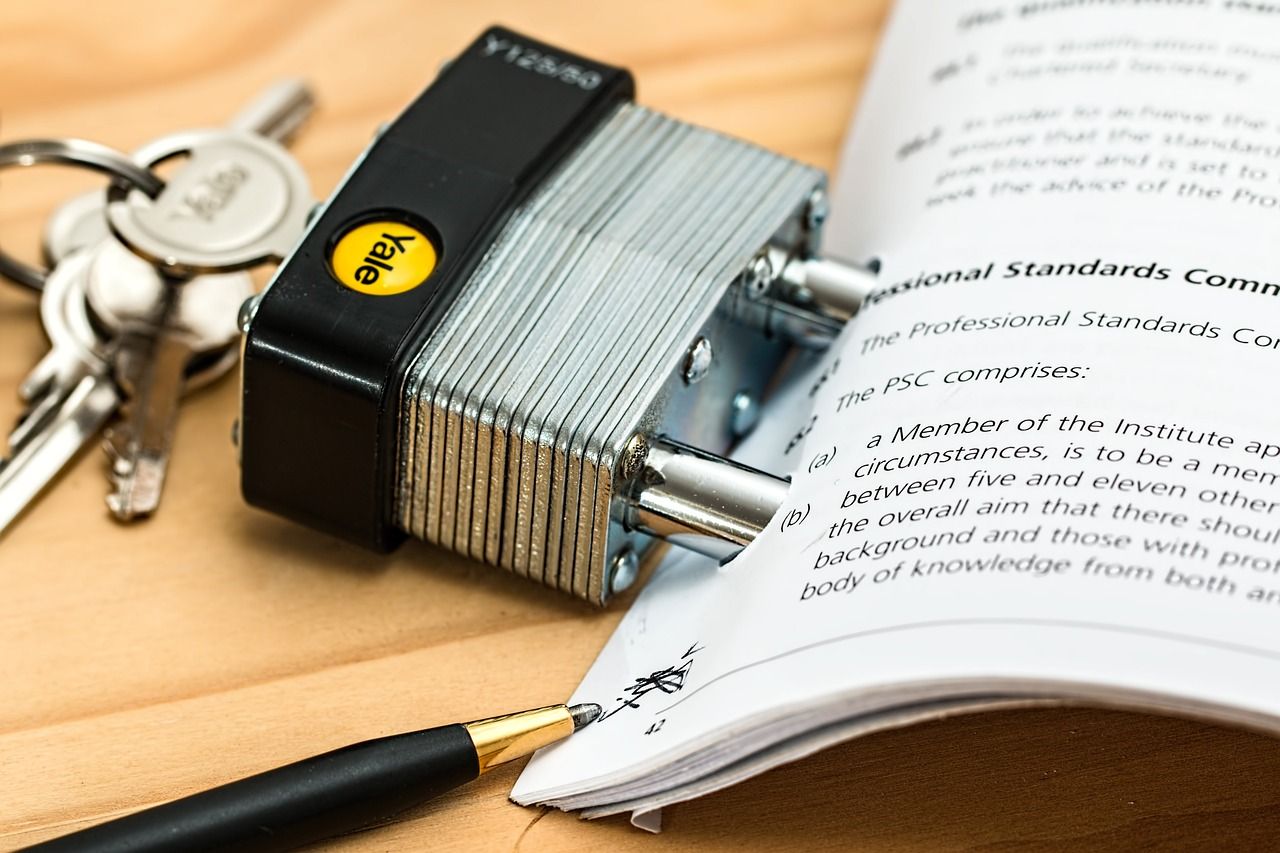In the digital age, web proxy servers have become a pivotal tool for individuals and businesses looking to maintain privacy, security, and unrestricted access to global information. However, the legality of using such technologies can vary significantly from one jurisdiction to another. This article explores the nature of web proxy servers, their common uses, and delves into the legalities of employing these services in Canada and the United States.
What is a Web Proxy Server?
A web proxy server acts as an intermediary between your device and the internet. It allows users to hide their IP address and browse the internet anonymously by routing their web requests through the proxy server. This not only helps in maintaining online anonymity but also enables users to bypass geo-restrictions and access content that may be blocked in their country.
By using a web proxy server you can watch shows and movies on Netflix, Hulu and HBO that are not available in your region.
Why Do People Use It?
The reasons for using web proxy servers are varied and include:
Privacy: To prevent websites from tracking their real IP address and location.
Security: To protect against malicious websites and hackers by hiding the user's real IP address.
Access to Restricted Content: To bypass geo-restrictions and censorship, allowing access to a broader range of information and media.
Network Performance: To reduce loading times and bandwidth by caching web pages.
Is it Legal to Proxy Servers?
Canada
In Canada, the use of web proxy servers is generally legal, provided it is not employed for illegal activities. Canadian law emphasizes the importance of privacy and freedom of expression, allowing individuals to use tools that protect their online identity. However, engaging in copyright infringement, accessing prohibited content, or conducting illegal transactions through a web proxy server is unlawful.
USA
Similarly, in the United States, the use of web proxy servers is legal. The country's laws support the freedom of speech and the right to privacy, permitting the use of technology to anonymize web browsing. Nonetheless, the legality comes into question if these services are used for illicit purposes, such as bypassing copyright restrictions, engaging in fraudulent activities, or accessing illegal content.
Conclusion
The use of web proxy servers in both Canada and the United States falls within the bounds of legality, as long as they are not utilized for unlawful acts. These tools offer essential benefits in terms of privacy, security, and the freedom to access information. However, users must remain informed about the legal frameworks governing their use and ensure they navigate the web responsibly and ethically. It's crucial to remember that while technology can provide anonymity and access, it also comes with the responsibility to use it within the legal guidelines of your jurisdiction.
